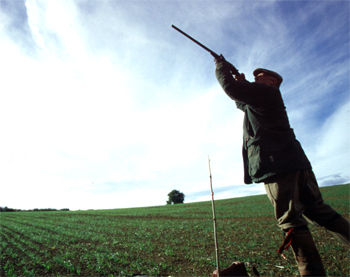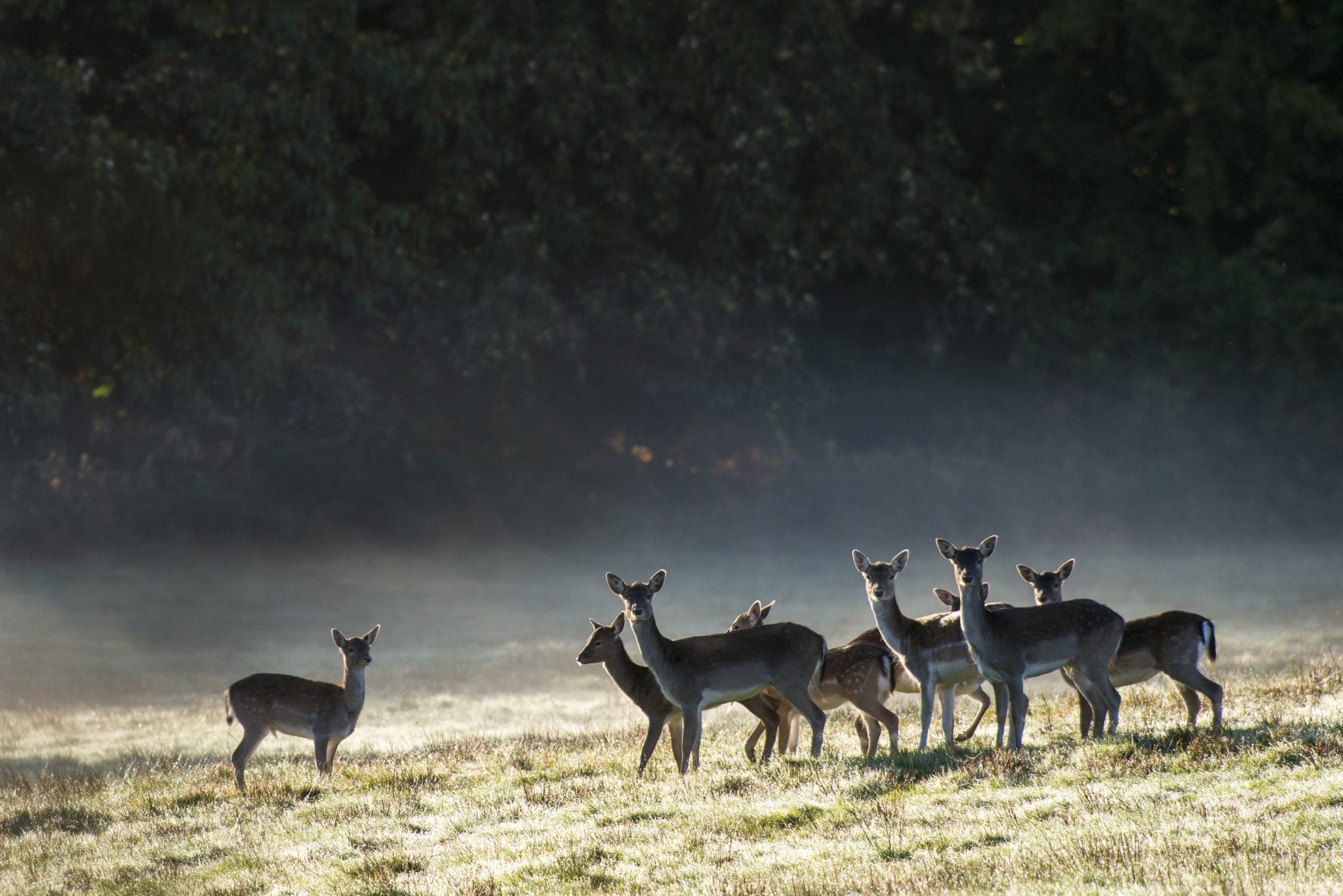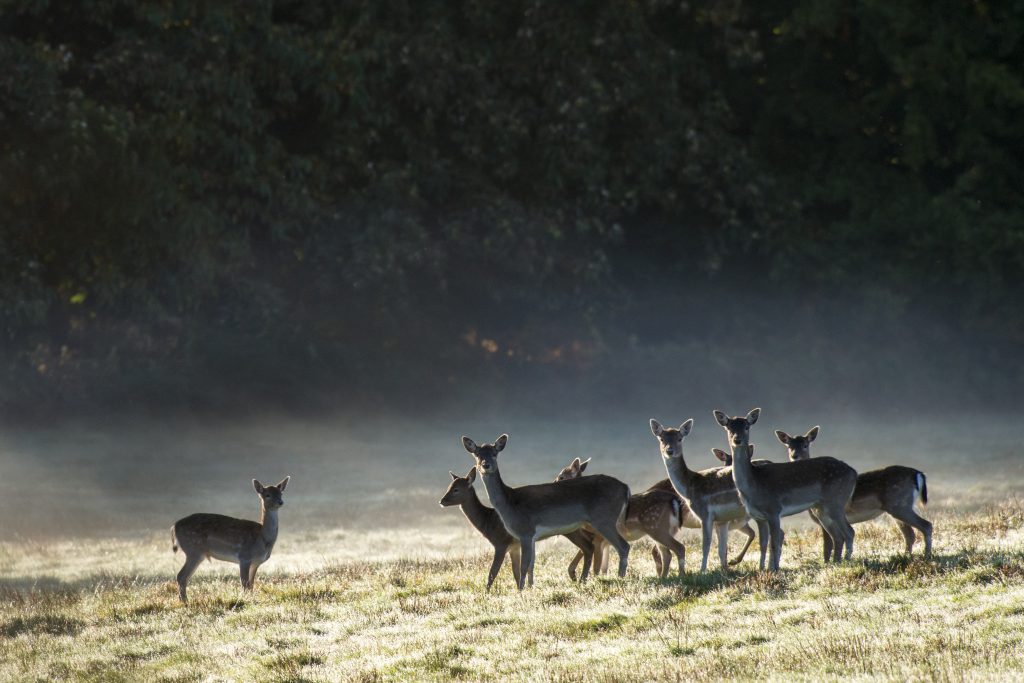The countdown is on for The British Shooting Show – book tickets online today and save on gate price!
Last chance to have a say on wildlife laws: 30th November
Final call for responses as the Law Commission’s consulation on radical changes to the UK’s wildlife laws nears its end.

Wildlife laws
The body that advises the Government on law reform says its public consultation on consolidating the entire legal process related to wildlife management into a single statute is making ?excellent progress?.
The Law Commission, whose proposals could lead to the biggest shake-up of the UK?s wildlife law since the introduction of the Game Acts in 1828, is now calling for final submissions before the consultation closes at the end of the month.
It has already met with groups including the Woodland Trust, the League Against Cruel Sports, the RSPCA, the National Farmers Union and the Badger Trust.
It has also met with All Party Parliamentary groups on shooting, game and wildlife conservation ? reports confirm that the meetings lead to ?lively discussions? on subjects, including the introduction of an offence of vicarious liability.
Announcing the launch of the consultation document in August, a Law Commission spokesman said: ?The legal framework for wildlife management is overly complicated, frequently contradictory and unduly prescriptive.?
?Consequently, the law creates unnecessary barriers to effective wildlife management, including the efficient implementation and enforcement of Government policy.?
The announcement was cautiously welcomed at the time by groups including BASC, the Countryside Alliance and the National Gamekeepers Organisation, which had been part of discussions with the Commission prior to the document?s publication.
Do you agree with the Law Commission?
Read its proposals for reform in full at bit.ly/wildlifelaw
Responses should be sent by email before 30 November to wildlife@ lawcommission.gsi.gov.uk
Say what you think in the Shooting UK forums!
Related Articles
Get the latest news delivered direct to your door
Subscribe to Shooting Times & Country
Discover the ultimate companion for field sports enthusiasts with Shooting Times & Country Magazine, the UK’s leading weekly publication that has been at the forefront of shooting culture since 1882. Subscribers gain access to expert tips, comprehensive gear reviews, seasonal advice and a vibrant community of like-minded shooters.
Save on shop price when you subscribe with weekly issues featuring in-depth articles on gundog training, exclusive member offers and access to the digital back issue library. A Shooting Times & Country subscription is more than a magazine, don’t just read about the countryside; immerse yourself in its most authoritative and engaging publication.







